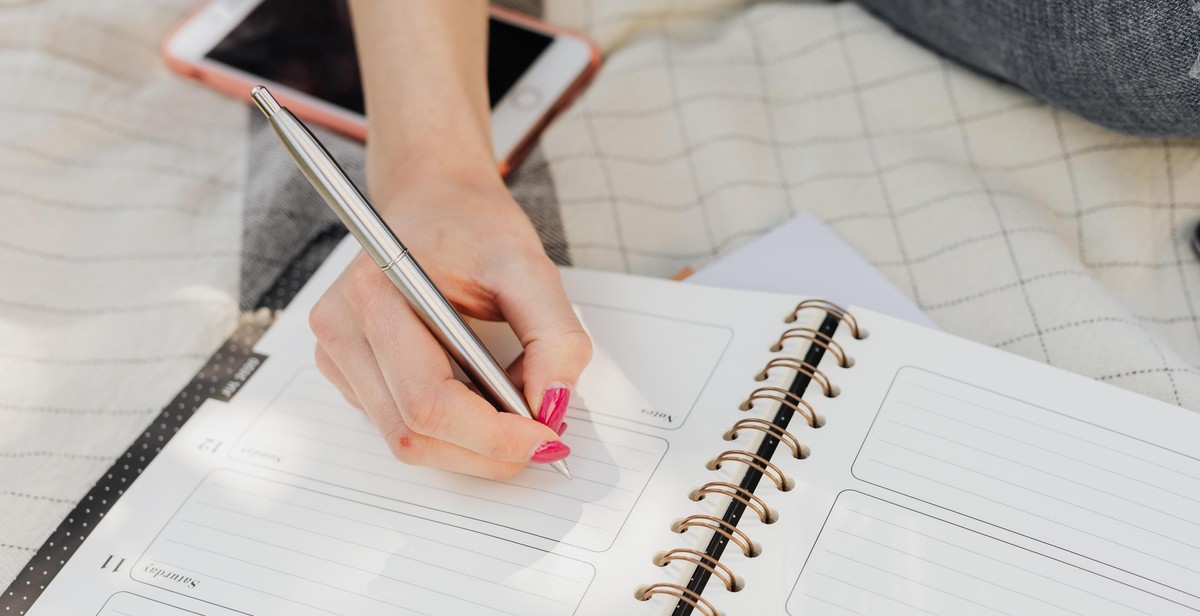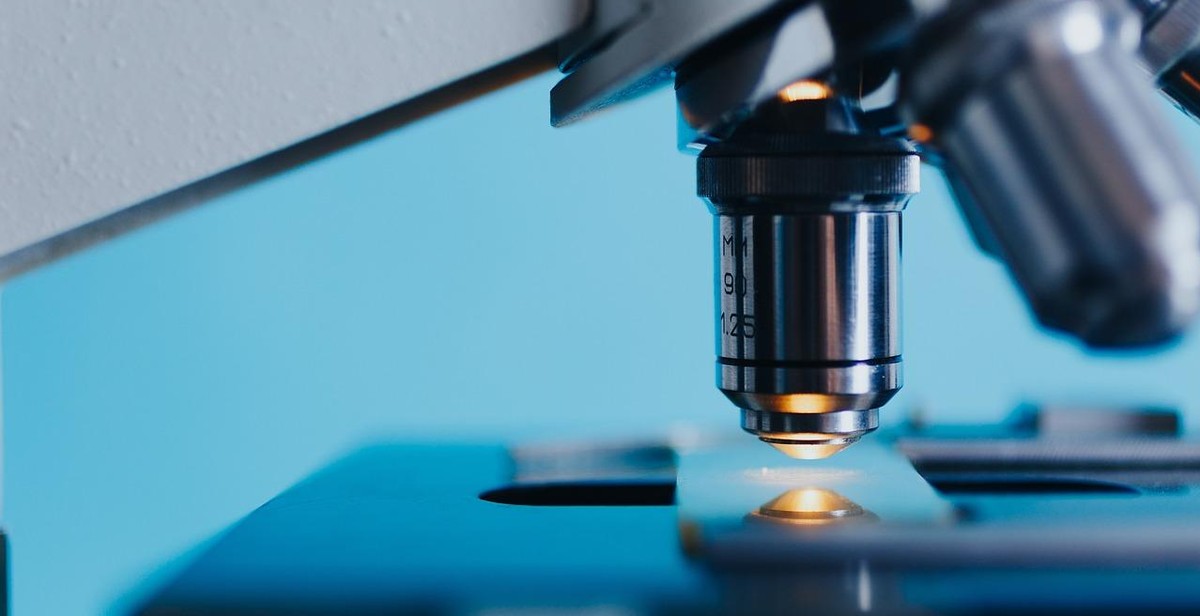How to Develop Effective Study Habits for Academic Success
Developing effective study habits is crucial for academic success. Students who develop effective study habits are more likely to perform better in their exams and achieve academic excellence. Effective study habits involve planning, organization, time management, and consistency. With the right mindset, tools, and techniques, anyone can develop effective study habits and achieve academic success.
Why Are Effective Study Habits Important?
Effective study habits enable students to learn and retain information better. They help students to manage their time, reduce stress, and improve their overall academic performance. By developing effective study habits, students can also improve their critical thinking skills, problem-solving abilities, and creativity. Effective study habits are essential for academic success and can also be applied in other areas of life.
How to Develop Effective Study Habits
Developing effective study habits requires commitment, dedication, and discipline. The following are some tips to help you develop effective study habits:
- Create a study schedule
- Set goals and prioritize tasks
- Eliminate distractions
- Use active learning techniques
- Take breaks and rest
- Stay motivated and positive
By implementing these tips and techniques, you can develop effective study habits and achieve academic success.
Understand Your Learning Style
Before developing effective study habits, it is important to understand your learning style. There are three main types of learners: visual, auditory, and kinesthetic.
Visual Learners
Visual learners prefer to learn through images, diagrams, and videos. They often have a strong imagination and can easily visualize concepts and ideas. To effectively study as a visual learner, it is important to:
- Use diagrams, charts, and graphs to help visualize information
- Watch videos and animations to better understand concepts
- Use color coding to help organize notes and information
- Create mind maps to connect ideas and concepts
Auditory Learners
Auditory learners prefer to learn through listening and speaking. They often have a good memory for spoken information and can easily recall conversations and lectures. To effectively study as an auditory learner, it is important to:
- Record lectures or discussions to listen to later
- Participate in group discussions and debates
- Use mnemonic devices to remember information
- Read information out loud to yourself
Kinesthetic Learners
Kinesthetic learners prefer to learn through movement and touch. They often have a good sense of balance and coordination and enjoy hands-on activities. To effectively study as a kinesthetic learner, it is important to:
- Use hands-on activities to learn new concepts
- Take frequent breaks to move around and stretch
- Use physical objects to represent concepts and ideas
- Study in a comfortable and dynamic environment
| Learning Style | Strengths | Challenges |
|---|---|---|
| Visual Learners | Can easily visualize concepts and ideas | May struggle with auditory or kinesthetic learning activities |
| Auditory Learners | Have a good memory for spoken information | May struggle with visual or kinesthetic learning activities |
| Kinesthetic Learners | Enjoy hands-on activities | May struggle with visual or auditory learning activities |
Understanding your learning style can help you develop effective study habits that work best for you. By incorporating study techniques that align with your preferred learning style, you can improve your academic success and achieve your goals.

Create a Study Schedule
Creating a study schedule is an essential part of developing effective study habits. By allocating specific times for studying, you can ensure that you cover all the necessary material and avoid last-minute cramming. Here are three steps to create a study schedule:
1. Identify Your Priorities
Before creating a study schedule, you need to identify your priorities. Determine which subjects are most important and require the most attention. Consider any upcoming exams or assignments and allocate more time for those subjects.
2. Set Realistic Goals
When creating a study schedule, it’s crucial to set realistic goals. Avoid overloading your schedule with too many tasks, as this can lead to burnout and stress. Instead, set achievable goals that allow you to make steady progress. Break down large tasks into smaller, more manageable ones, and allocate sufficient time for each.
3. Allocate Time for Each Subject
Allocate specific times for each subject on your study schedule. Consider your priorities and goals when deciding how much time to allocate for each subject. Ensure that you allocate enough time for each subject to cover all the necessary material thoroughly.
Here’s an example of a study schedule:
| Time | Monday | Tuesday | Wednesday | Thursday | Friday | Saturday | Sunday |
|---|---|---|---|---|---|---|---|
| 8:00am – 9:00am | Math | English | Math | History | Science | English | History |
| 9:00am – 10:00am | Science | Math | Science | English | History | Math | Science |
| 10:00am – 11:00am | English | Science | English | Math | Science | History | Math |
Remember, creating a study schedule is only the first step. It’s essential to stick to your schedule and avoid procrastination. By following your schedule consistently, you can develop effective study habits and achieve academic success.

Eliminate Distractions
When it comes to developing effective study habits, eliminating distractions is crucial. Distractions can significantly reduce your productivity and make it difficult to focus on your studies. Here are some tips to help you eliminate distractions:
Find a Quiet Place to Study
Studying in a quiet place is essential to ensure that you can concentrate on your studies. Choose a location where you can study without any interruptions or distractions. If you are studying at home, make sure to inform your family members or roommates that you need some quiet time to study.
Turn Off Your Phone and Social Media
Your phone and social media can be significant distractions while studying. Turn off your phone or put it on silent mode to avoid any notifications or calls that might interrupt your study session. Similarly, avoid logging into social media platforms while studying, as they can consume a lot of your time and attention.
Avoid Multitasking
While multitasking might seem like a good idea, it can actually reduce your productivity and hinder your ability to learn. Instead of trying to do multiple things at once, focus on one task at a time. This will help you concentrate better and retain information more effectively.
By following these tips, you can eliminate distractions and create an environment that is conducive to effective studying. This will help you develop better study habits and ultimately achieve academic success.
Take Effective Notes
Effective note-taking is a crucial part of developing good study habits. It helps you stay organized, retain information better, and makes revision much easier. Here are some tips to help you take effective notes:
Use Keywords and Abbreviations
Using keywords and abbreviations in your notes can help you save time and make your notes more concise. For example, instead of writing out the entire word “because,” you can use the abbreviation “b/c.” Similarly, instead of writing out long sentences, use bullet points with keywords to summarize the main points of the lecture or reading material.
Organize Your Notes
Organizing your notes is essential to make sure you can easily find the information you need when you need it. Use headings, subheadings, and bullet points to break up your notes into sections. You can also use different colors or highlighters to indicate important information or to differentiate between different topics.
You can also consider using technology to help you organize your notes. Many note-taking apps allow you to create different notebooks, tags, and folders to help you categorize your notes.
Review and Revise Your Notes
Reviewing and revising your notes regularly can help you retain information better and make revision easier. Take some time after each study session to review your notes and make any necessary revisions. You can also use your notes to create flashcards or summaries to help you study for exams.
It’s also a good idea to review your notes periodically throughout the semester to refresh your memory and ensure that you have a good understanding of the material.
- Use keywords and abbreviations to save time and make your notes more concise
- Organize your notes with headings, subheadings, and bullet points
- Consider using technology to help you organize your notes
- Review and revise your notes regularly to retain information and make revision easier
Engage in Active Learning
Active learning is an effective way to develop good study habits and improve academic success. It involves engaging in activities that promote critical thinking, problem-solving, and knowledge retention. Here are some active learning strategies that you can implement to enhance your study habits:
Ask Questions
Asking questions is an excellent way to engage in active learning. It helps you clarify concepts that you may not fully understand and provides an opportunity to deepen your knowledge and understanding. When studying, make a list of questions that you have about the topic and seek answers to them. You can ask your teacher, classmates, or even search for answers online. By asking questions, you become an active participant in your learning process.
Participate in Discussions
Participating in class discussions is another way to engage in active learning. It allows you to exchange ideas and perspectives with your classmates and teacher, which can help you gain a deeper understanding of the subject matter. When participating in discussions, make sure to listen carefully to what others are saying and contribute your own thoughts and ideas. By actively engaging in discussions, you can enhance your critical thinking and communication skills.
Teach Someone Else
Teaching someone else is an effective way to consolidate your knowledge and enhance your understanding of a subject. When you teach someone else, you need to explain the concepts in a clear and concise manner, which requires you to understand the material deeply. You can teach a friend, a family member, or even a pet. By teaching someone else, you become an active participant in your learning process and enhance your ability to retain and apply knowledge.

Use Study Techniques That Work for You
Effective study habits involve using techniques that work best for you. Different techniques work for different people, and it is essential to experiment and find out which one works best for you. Here are some study techniques that you can use:
Flashcards
Flashcards are a popular study technique that involves writing a question on one side of a card and the answer on the other side. They are an effective way to memorize information quickly. Flashcards can help you remember definitions, vocabulary, and key concepts. You can use flashcards to study on your own or with a group. When studying with a group, you can quiz each other using flashcards.
Mind Maps
Mind maps are a visual study technique that involves creating a diagram to represent information. Mind maps can help you see the big picture and make connections between different concepts. They are an effective way to organize information and make it easier to remember. Mind maps can be created using pen and paper or using online tools.
Practice Tests
Practice tests are an effective way to prepare for exams. They can help you identify your strengths and weaknesses and focus your studying on areas that need improvement. Practice tests can also help you get comfortable with the format and types of questions that will be on the exam. You can create your own practice tests or use online resources.
Using a combination of these techniques can help you develop effective study habits and improve your academic success. Experiment with different techniques and find out which ones work best for you.
Take Care of Your Physical and Mental Health
Developing effective study habits is not just about studying hard; it’s also about taking care of your physical and mental health. Here are some tips to help you maintain a healthy lifestyle:
Get Enough Sleep
Sleep plays a vital role in maintaining good health and well-being. It is essential for the proper functioning of the brain and helps improve memory and concentration. Lack of sleep can lead to fatigue, irritability, and difficulty in focusing on your studies. To get enough sleep, try to:
- Stick to a regular sleep schedule, even on weekends
- Avoid caffeine and alcohol before bedtime
- Create a relaxing sleep environment
- Avoid using electronic devices before bedtime
Eat Nutritious Foods
A healthy diet is essential for maintaining good health and improving cognitive function. Eating a balanced diet that includes fruits, vegetables, whole grains, lean proteins, and healthy fats can help improve your concentration, memory, and overall health. To eat a nutritious diet, try to:
- Include a variety of fruits and vegetables in your diet
- Eat whole grains instead of refined grains
- Choose lean proteins such as chicken, fish, and beans
- Limit your intake of saturated and trans fats
Exercise Regularly
Regular exercise is not only good for your physical health but also for your mental health. It can help reduce stress, improve mood, and increase energy levels. To incorporate exercise into your daily routine, try to:
- Choose an activity that you enjoy, such as walking, running, or yoga
- Exercise for at least 30 minutes a day, five days a week
- Find a workout buddy to help keep you motivated
- Incorporate physical activity into your daily routine, such as taking the stairs instead of the elevator
Conclusion
Developing effective study habits is crucial for academic success. It requires discipline, dedication, and a willingness to learn. By following the tips outlined in this article, you can improve your study habits and achieve your academic goals.
Key Takeaways
- Set specific goals and create a study schedule to stay organized and focused.
- Eliminate distractions and create a conducive study environment.
- Take breaks and practice self-care to avoid burnout.
- Use active learning strategies such as note-taking and summarizing to retain information better.
- Seek help from teachers, tutors, or peers when needed.
Final Thoughts
Developing effective study habits is a continuous process that requires consistent effort. It may take time, but the benefits are worth it. With determination and perseverance, you can improve your academic performance and achieve your goals.
Remember, everyone learns differently, so find what works best for you and stick to it. Keep an open mind and be willing to try new techniques. By doing so, you can develop effective study habits that will serve you well throughout your academic journey.
